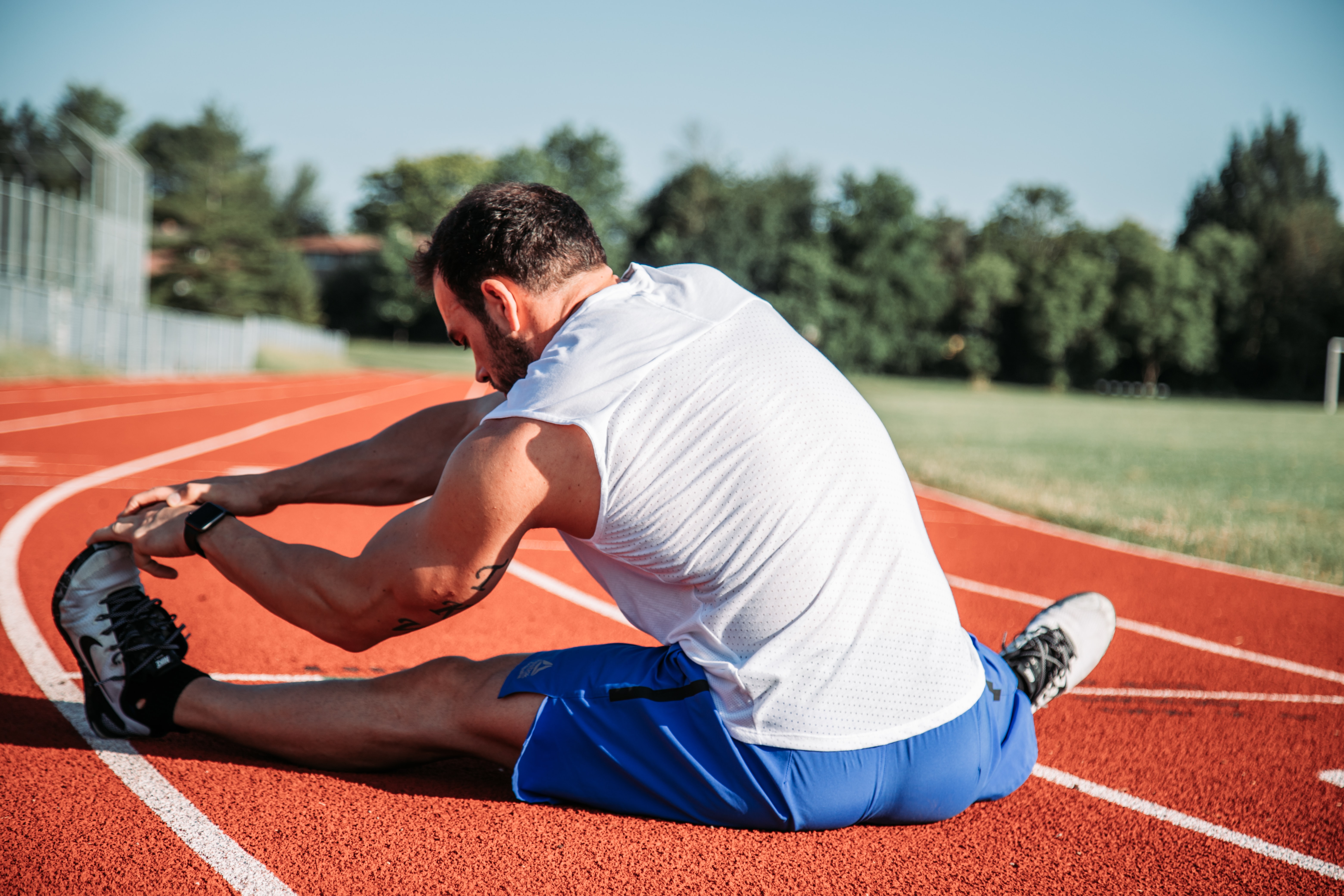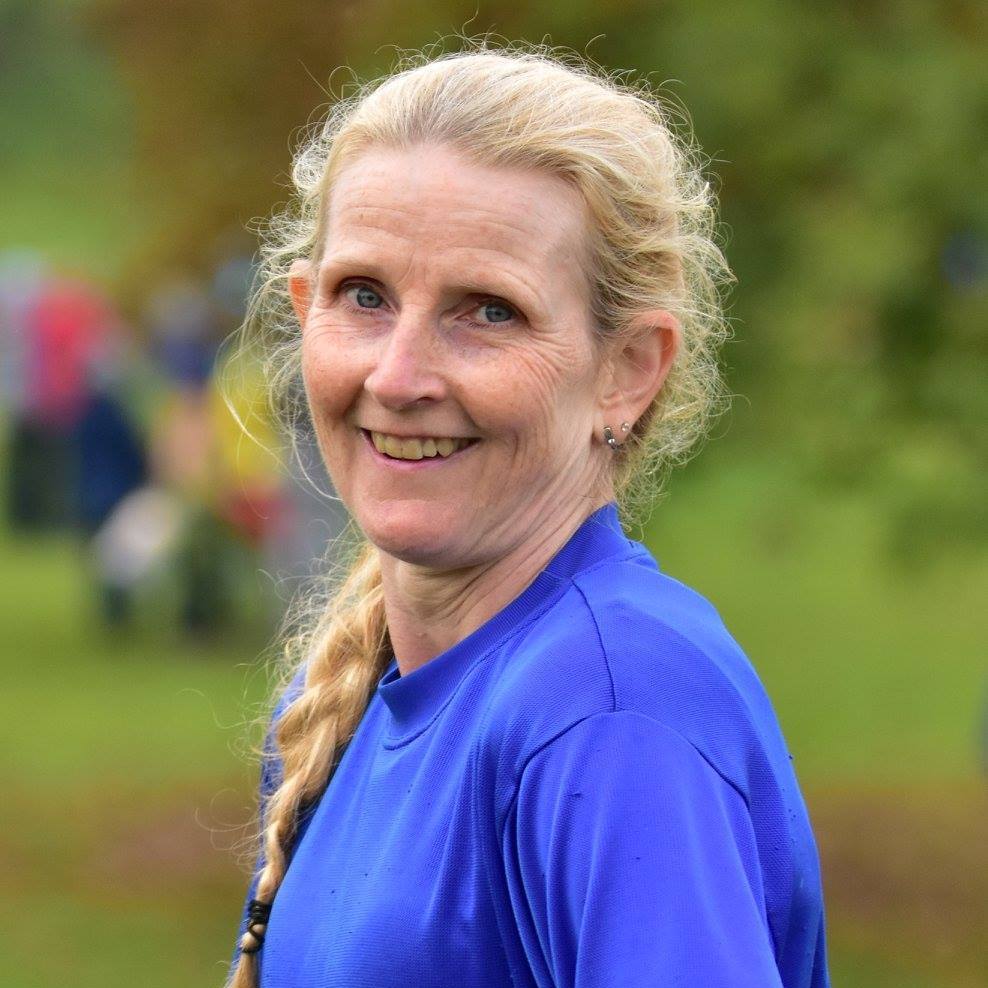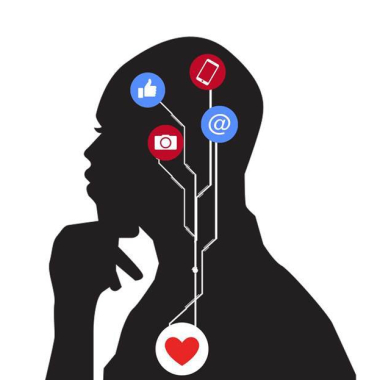by Joanne Goodman, University of Strathclyde psychology student
Freddie Flintoff: Living with Bulimia
The documentary Freddie Flintoff: Living with Bulimia, which aired on BBC One in late September 2020, has received high praise by mainstream media (Sky News, BBC News, iNews) and social media alike (Metro, RadioTimes). Audiences have shared the documentary’s impact on their understanding of eating disorders, specifically in relation to gender, sports and the associated stigmatisation. The documentary follows Flintoff, former England cricketer and current TV presenter, on a journey where he speaks candidly about his 20-year battle with bulimia and the effect that it’s had, and continues to have, on many parts of his life.
Flintoff recalled that in his early 20s, at the peak of his professional career, he received negative and extensive coverage of his weight in the media, where he was often labelled “the fat cricketer”. The media’s scrutiny had a profound effect on him, he said, leading him to initially engage in behaviours associated with bulimia. These behaviours, coupled with the new success in his athleticism, resulted in Flintoff associating them as being the cause and effect of each other, which subsequently lead him to not seek help for recovery. A negative experience with a dietician also hurt his confidence in seeking help, he said. He recalled the dietician explaining her work with female Olympians with eating disorders, then dismissing the need to further explore his problem, presumably because she was faced with a group of males who carry the misconception of not being affected by eating disorders. However, later in the documentary we saw Flintoff’s perception changing drastically, as he learnt not only who was affected, but the various signs of eating disorders.
The documentary caught up with Flintoff four months later, when he expressed the continuous struggles he had with his attitude towards weight and his relationship with food, describing it as an internal ”tug of war”, which involves a sense of control whilst also a loss of it. Flintoff reached out to the health professional he met earlier in the documentary and shared his concerns about getting help for his eating disorder, despite knowing it’s essential for recovery.
Risk Factors for Eating Disorders
Eating disorders and their associated symptoms can be very diverse, which means it’s often difficult to establish a definition that encompasses all of their characteristics. Being able to recognise that eating disorders are a psychological state, related to unhealthy, obsessive, disordered behaviours and thoughts connected to eating habits, is a useful starting point for the complex nature of each disorder (Psychology Today).
In the past, eating disorders were believed to only affect young, affluent and Caucasian females, however increasingly they are linked to all genders, races, ages, ethnicities and socioeconomic levels (Muhlheim, 2020). Only recently has research shown that males are more than 25% of those affected, with the likeliness of them not seeking treatment at around 60% (NEDA, 2018).

Recent research has also revealed that the development of eating disorders is in fact based on an individual’s genetic predisposition and environmental factors (Ekern, 2017). That is, depending on your genetic vulnerability and the environmental triggers around you, such as abuse, stress, poor mental health, all-or-nothing thinking, societal stigmas, profession, familial influences etc., you can be at higher or lower chance of developing one (Suisman et al, 2012). Recognition of genetic influences is not only crucial for the advancement of treatment techniques, but also for encouraging society to question stigmas that position eating disorders as a self-inflicted problem.
Are Athletes at Risk?
Although eating disorders are of a non-discriminatory nature, athletes’ engagement in weight-sensitive sports, competition and performance pressures, makes them a group at high risk. Overall athletes participating in aesthetic sports (bodybuilding, gymnastics, swimming, diving) and weight-class sports (wrestling, rowing, horseracing) are more likely to develop eating disorders (NEDA, 2018) due to the intense focus on diet, appearance, size and weight (Garner, 2017). The attention on what is “healthy” and how this can maximise one’s athletic capabilities may affect the development of eating disorders in all areas of sports.

Anne-Marie Hughes, previously a professional endurance athlete, is now a coach and supervisor of various health, athletics and fitness programmes at the University of Strathclyde and a selector for Scottish Athletics Road and Cross-country teams. She shared her opinion on the issue: “It is an illness in sport that needs early recognition, intervention, and rehabilitation. There is a belief amongst many coaches and athletes that lighter equals faster, more miles equals better, both of which are recipes for injury, burnout and negative mental and physical health.”
Even though significant progress has been made in the identification of early eating disorder symptoms in athletes, such as the female triad syndrome (abnormal absence of menstruation, disordered eating and osteoporosis), in general awareness of theses health related issues is still lacking. This can also be seen in male athletes, who despite being a third of the people affected, have little knowledge in the distinctions of their presentation and experience of eating disorders (NEDA, 2018; Garner, 2017). This reiterates Hughes’ viewpoint that early recognition and intervention are critical for recovery and without those early steps, athletes are going to struggle more than necessary on their road to health.
Once again, mass media and social media, are seen as contributing to the environmental triggers for many, especially those who consistently find themselves under public scrutiny. As in Flintoff’s case, athletes criticised in the media often receive comments particularly about their weight and appearance.
Seona McKenzie, a supervisor in a large multidisciplinary team at Strathclyde Sport, who oversees the centre’s health and wellbeing operations, shared her attitudes on social media’s influence on athletes and eating disorders. “Although social media platforms contribute to negative body image through the encouragement of the thin ideal and use of body and face editing apps, if it became more authentic it has the potential to do huge things”.
Catherine Mann, a supervisor at Strathclyde Sport who focuses on physical activity and health areas, followed McKenzie’s point by adding: “Social media undoubtedly has the power to influence individuals’ attitudes and behaviours towards food, eating and exercising, however eating disorders are an inbuilt feeling, regardless of social media they will continue to exist in all groups of people”
In a follow-up to his documentary, Flintoff posted this message on Twitter: “Thank you for the amazing response to tonight’s doc, hopefully we’ve helped raise awareness of such an important subject.” Indeed awareness is the first step towards addressing eating disorders in sports and beyond.
